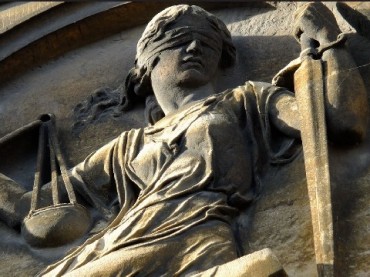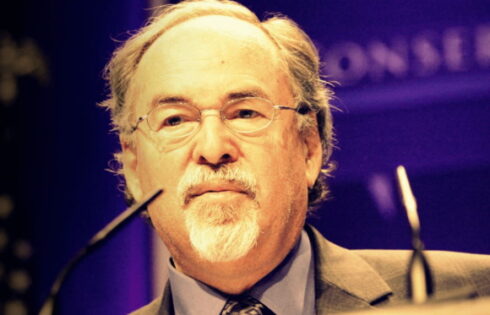
Law school curriculum seems designed to further leftist goals
Loyola Law School, a Catholic school in California, has several courses on the docket for the fall 2023 semester that uncritically teach activist objectives, including in support of abortion.
“Reproductive Justice,” puts forth “a paradigm for understanding reproductive oppression – that is, the subordination of individuals through their bodies, sexualities, and abilities to reproduce.”
This description assumes fixed positions constellation of contested philosophical issues — for example, what subordination means, how people can be subordinated through their bodies, what particular ethical problems arise when more than one body (as in pregnancy) is at issue. But they are flattened to one predetermined activist “paradigm.”
Another class purports to teach students about police and the prison system while explicitly advocating the latter’s abolition.
“The continuation of police abuse and prison scandals has reaffirmed abolitionist calls for an end to policing and prisons,” according to the description for the upcoming course “Police and Prison Abolition.”
“Rather than relying on police and prisons as a solution, prison and police abolitionists are interested in building relationships, programming, and social infrastructure that eliminates the need for policing and prisons in the first place,” it continued.
The class will begin with a “brief survey of the racial history of policing and prisons,” and will continue with presentations from “abolitionist activists.”
The course appears built on the assumption that prisons are not the solution to crime or other social problems. Beginning with abolitionist priors or goals, it fails to teach settled criminal justice law and elides reasonable debate on incarceration reform.
Another course similarly assumes the need for “systemic change” while setting aside consideration of whether those changes or proper or what they might reasonably consist of.
In “LGBTQ+ Advocacy and Inclusive Lawyering,” students will learn “to enact systemic change” through such means as “court and trial advocacy, community/stakeholder advocacy, and public policy advocacy.” Again, the question is not whether systematic change should happen or what it should look like, but how students should carry it out.
Even more, grading will be based partly on “an advocacy presentation on LGBTQ legal issues,” further incorporating activist training into the course objectives.
Still another class approaches a controversial policy angle as an accepted legal objective.
In “Reparations, Theory and Law,” the “goal of the class” is not to evaluate reparations as a form of justice or racial solution but to “determine what, if anything, distinguishes reparations from other forms of remedy: especially, distributive and corrective justice,” according to the course description.
Students will then proceed to “explore various reparations proposals, historical and contemporary, successful and unsuccessful, covering a variety of groups that have demanded reparations; and examine the role the law has played in helping or hindering those proposals,” according to the website.
Again, the legitimacy of reparations is assumed, not discussed.
One can reasonably assume that those who question this “paradigm” or the others — the necessity of prison abolition, oppression through having babies, or “systemic change” in the legal treatment of LGBTQ+ people — could not express such reservations in the course.
Perhaps an unstated objective of such classes is to make dissent unthinkable.
MORE: 1619 Project releases new ‘reparations math’ curriculum for high school students
IMAGE: Flickr/Justice Remains
Like The College Fix on Facebook / Follow us on Twitter






Please join the conversation about our stories on Facebook, Twitter, Instagram, Reddit, MeWe, Rumble, Gab, Minds and Gettr.